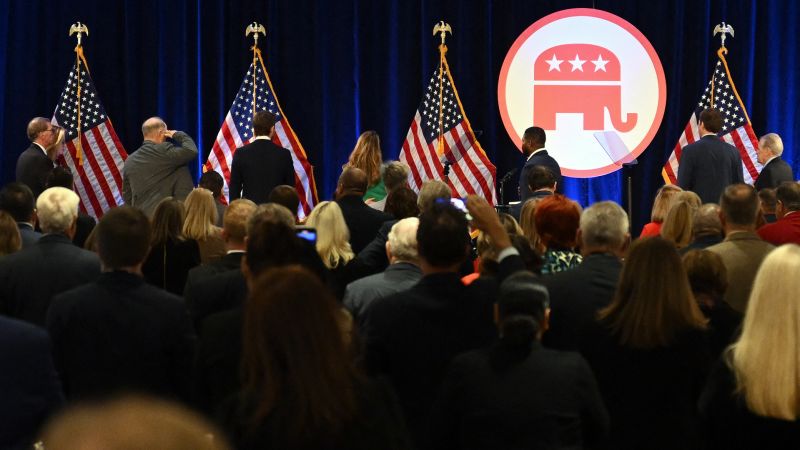The GOP in 2024 is moving toward a reprise of its most consequential foreign policy debate ever in a presidential primary. Only this time, the results may be reversed.
The 1952 GOP presidential nomination fight proved a turning point in the party’s history, when Dwight Eisenhower, a champion of internationalism and alliance with Europe to contain the Soviet Union, defeated Sen. Robert Taft, a skeptic of international alliances who wanted to shift America’s focus from defending Europe toward confronting communist China.
A similar divide is opening within the GOP now. In a distant echo of Taft, former President Donald Trump and Florida Gov. Ron DeSantis, the race’s two front-runners have both declared that defending Ukraine against Russia is not an American “vital interest” and “distracts” (as DeSantis put it) from the more important challenge of confronting China. Other likely 2024 candidates, such as former Vice President Mike Pence and former UN Ambassador Nikki Haley, come closer to upholding the Eisenhower position that the US must remain steadfast in protecting Europe against Russian aggression – and insisting that abandoning Ukraine would embolden China and other potential US adversaries.
After Eisenhower’s landmark victory over Taft in 1952, every Republican presidential nominee over the next six decades – a list that extended from Richard Nixon through Ronald Reagan to George W. Bush, John McCain and Mitt Romney – identified more with the internationalist than isolationist wing of the party.
But Trump broke that streak when he won the nomination in 2016 behind a message of brusque economic nationalism and skepticism of international alliances. Now, the GOP appears on track for a 2024 nomination fight which may demonstrate that Trump’s rise has lastingly shifted the party’s balance of power on foreign policy – and ended the long era of…
Read the full article here

Leave a Reply